MLCC Sermon – Invest in your Marriage – Part 3
March 6, 2022 - Invest in your Marriage through “Correctly Handling Conflict”
Observations about Conflict / Impact of Conflict
Reactions to Conflict:
- Exploding
- Blaming
- Fear dance
What are the leading causes of Marital conflict?
James 4: What causes fights and quarrels among you? Don’t they come from your desires that battle within you? 2 You desire but do not have, so you kill. You covet but you cannot get what you want, so you quarrel and fight…
- Fights and quarrels come from within us.
- We all have Unmet desires.
- It is easy at times to Choose the World’s perspective over Gods’
- Actively pursue Humility and Forgiveness
- Choose to deepen your relationship with God and watch it impact your marriage.
- Pray with and for your spouse.
The Gottman Institute has identified types of conflict that can be so poisonous to marriages that he calls them the “Four Horsemen of the Apocalypse.”
Criticism – global negative statements about your spouse’s character or personality. For example, “Why do you keep putting your friends ahead of me? I always come last on your list. Are you avoiding spending time alone with me?”
Contempt – words or gestures that show your spouse you are disgusted and repulsed with him or her. Contempt is fueled by long-simmering negative thoughts about your spouse. Sarcasm, cynicism, ridicule, name-calling, mocking, rolling your eyes, etc. are examples.
Defensiveness – instead of listening to your spouse’s position and talking through it, defensiveness is a way of blaming your spouse and often involves pointing out flaws in his or her behavior, opinions, etc.
Stonewalling – avoiding your spouse by shutting him or her out and not communicating. Stonewalling includes giving your spouse the “silent treatment.” While the intent of this is generally to avoid fighting, it also avoids the marriage.
Note that the chronic presence of the four types of conflict listed above predicts divorce by 82%

